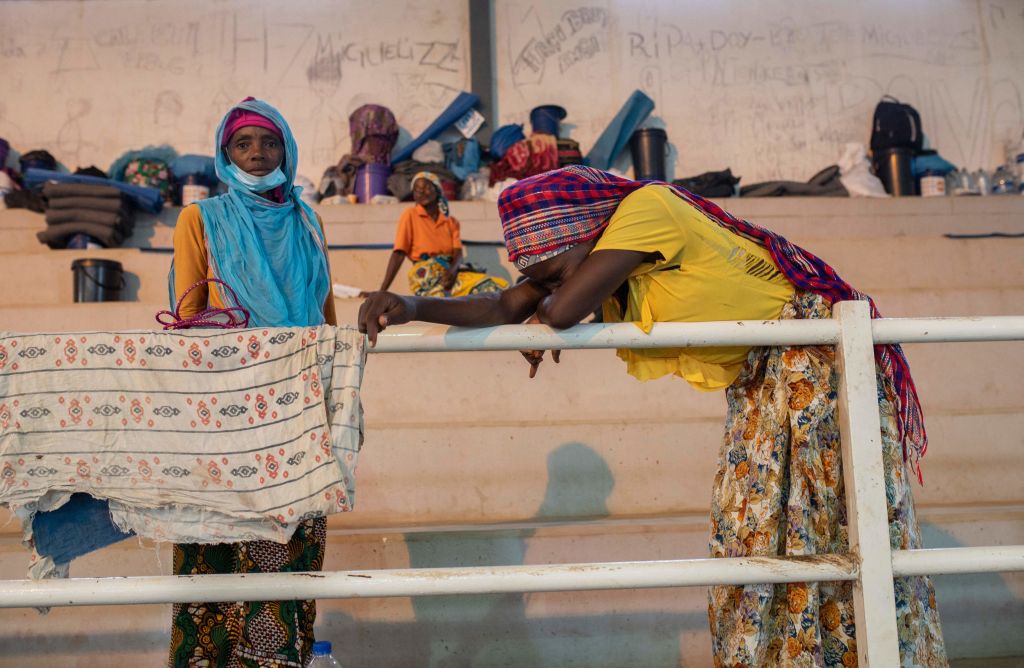
Planet A
Japan announced that it will release 1.2 million tonnes of treated radioactive water into the Pacific over several decades, commencing in two years. The water was exposed to nuclear material at the Fukushima power plant during the 2011 earthquake and tsunami and requires disposal before the tanks reach capacity next year.
The decision follows nearly seven years of consultations involving plant operator Tokyo Electric Power, the Japanese government and the International Atomic Energy Agency. The process meets international standards, as most radionuclides will be treated and reduced to releasable levels, while the remaining tritium, which is considered harmless in small quantities, will be diluted in the ocean.
Nevertheless, Japan Fisheries Cooperatives is concerned the decision will threaten Fukushima’s reputation and the region’s seafood industry, particularly as the issue draws international attention. China criticised the decision and South Korea voiced concerns, but the US stated its confidence in Japan’s transparency and commitment to appropriate environmental and health procedures. While this treatment and dilution practice has precedents, its long-term impacts remain uncertain.
Democracy watch
Marginalisation and unaddressed crises in Australia’s First Nations communities are critical flaws in Australia’s democratic standards, says journalist Stan Grant in a report on ABC News online marking the 30-year anniversary of the 1991 royal commission into Aboriginal deaths in custody. Grant highlights the failure of long-promised efforts to reconcile with Indigenous Australians.
Grant notes that the overrepresentation of Indigenous people in prisons—30% of adult prisoners and up to 90% of youth in some areas—has worsened significantly since the royal commission. More than 400 Indigenous people have died in custody since then. These issues surfaced again this week with protests linked to the US Black Lives Matter movement and the conviction of the policeman who killed George Floyd.
A post published by the Australian Institute of International Affairs warns that inequity towards a single group opens Australia up to international criticism and undermines its credibility in promoting democratic rights internationally.
Information operations
US President Joe Biden signed an executive order last week formally blaming the Russian Foreign Intelligence Service for the SolarWinds cyberattack on US federal government networks. The order sets out penalties on Russia for the attack including targeted sanctions on six Russian technology companies and other entities and individuals and the expulsion of 10 Russian diplomats from Washington.
Australia has joined the US and international partners in condemning the attack and attributing it to Russian state actors. NATO identified Russia’s malicious cyber activity as part of a ‘sustained pattern of destabilising behaviour’ that includes foreign election interference and disinformation campaigns.
But while the new US sanctions are designed to be tougher on Russia than previous attempts, analysts have commented that they stopped short of the most disruptive economic measures that could have been imposed. Biden characterised the US actions as proportionate, aiming to avoid a cycle of escalation with Russia, although doubts remain about how effective they will be in stopping future Russian malicious cyberactivity.
Follow the money
China’s growing dominance in the tech sector, especially in 5G and artificial intelligence technologies, is seen as a national security issue by the US. According to Chinese state media, China’s investment in high technology has increased 37.3% more in the first quarter of 2021 than in the same period in 2020. Rising investment in advanced tech supports one of the main goals in China’s latest five-year plan—strengthening and becoming self-reliant in high-tech manufacturing and research and development.
Washington’s list of major Chinese technology companies that it considers pose a national security risk has been growing. However, there are indications that an unintended consequence of the blacklist has been to spur China’s drive towards self-reliance. For example, one of the listed companies, Huawei, has amended its business strategy to focus on the national rather international market.
Terror byte
Analysts are attributing the Islamic State–linked insurgency in northern Mozambique to local citizens’ grievances over the government’s failure to provide basic services despite promises of investment in resource projects. French company Total was contracted to run a US$60 billion project in northern Mozambique creating Africa’s largest liquefied natural gas reserve, but the benefits of the project have not flowed to local people. While information about the project’s investors and financial operations is scarce, it is reported to have links to foreign investment from the US, UK, China, Malaysia and Japan through companies such as Exxon Mobil, Chevron, BP, Mitsui, Petronas and CNPC.
The insurgency began in 2017 but gained momentum last month when coordinated attacks on Cabo Delgado province targeted civilians, civil servants, banks and government infrastructure. This is the country’s most significant incursion to date and was carried out by IS-linked militant group Ansar al-Sunna, which is made up mainly of unemployed young men. The government’s security forces, which include private armed groups like the Russian Wagner Group, have been overwhelmed.

